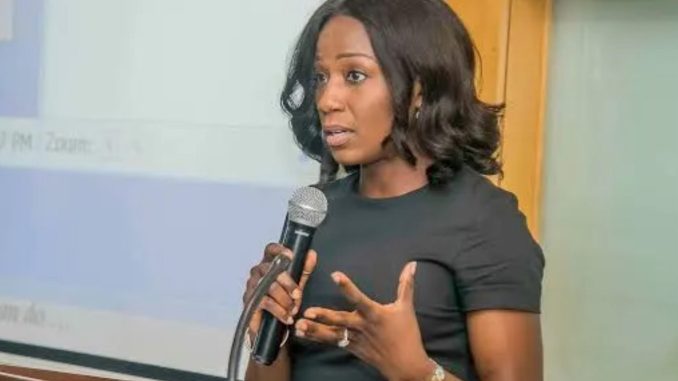
The Special Adviser to President Bola Tinubu on Energy, Olu Verheijen, has raised concerns about a shortage of skilled manpower in Nigeria’s oil sector due to migration and retirements.
She noted that over the past decade, the country has struggled with a decline in experienced engineers, geoscientists, and project managers, posing a challenge to the industry’s growth and sustainability.
Speaking at the ongoing Sub-Saharan African International Petroleum Conference in Lagos, Verheijen said this shortage prompted a presidential directive to enhance local content development in the oil sector.
She said, “There was also a directive on local content. Essentially, the intention behind that directive is to ensure that capacity building by members of the Petroleum Technology Association of Nigeria continues to the extent that they can compete globally with the other global service providers.
“One of the things that has been an issue in the recent past is the issue of skilled manpower. Over the past decade, we have witnessed a critical gap in skilled professionals. Many industry experts are either retiring or migrating abroad, creating a severe shortage of experienced engineers, geoscientists, and project managers. So, what does this require? There’s a need for targeted investment in human capital development,” she stated.
Verheijen added that this situation also creates an opportunity to empower women and enhance their role in the energy sector.
“There’s also an opportunity here to empower women. Strategically, and because of the economic imperative it could deliver for Nigeria and indeed Africa, the question before us is not whether Nigeria and Africa have the talent; it is whether we are cultivating and maintaining it.
“One of the most underutilised resources in Nigeria’s energy sector is the women. Women currently hold 25 per cent of executive roles in Nigeria and just 21 per cent in the energy workforce in Africa. This under-representation is not due to lack of capability or, rather, a lack of access, sponsorship, and sustained focus on developing the skilled base,” she noted.
Verheijen emphasized her commitment to initiatives that ensure capable women have access to the right opportunities, not just for diversity but as a strategic necessity.
She stated that industries that embrace inclusion consistently outperform their peers.
“Therefore, Nigeria and Africa cannot afford to sideline more than half of its population in the sector that will define the future economic future of Africa, “she warned.
The special adviser stressed the need to involve young people in the sector, warning that talent is being lost to migration.
She said, “Beyond gender, inclusion must also extend to the youth and marginalised community. Nigeria’s median age, for example, is 18 years, yet we are losing our young talent to emigration. If we fail to provide them with meaningful opportunities, we risk an irreversible brain drain.
“Building capacity is the next frontier, and that is what we should do, and we have the capability to do it. We have the expertise. Nigeria is open for business. Nigeria has the vision, the policies are there, and the determination is there—from the president to the minister and every one of us.
“The PETAN members have played a vital role in our industry growth. As we navigate this period of transformation, I urge you to remain engaged, to invest in our local capacity, and to collaborate with the government to ensure that Nigeria and indeed Africa will remain the premier investment destination. Let us work together to build an energy sector that is innovative, inclusive, and globally competitive.”


